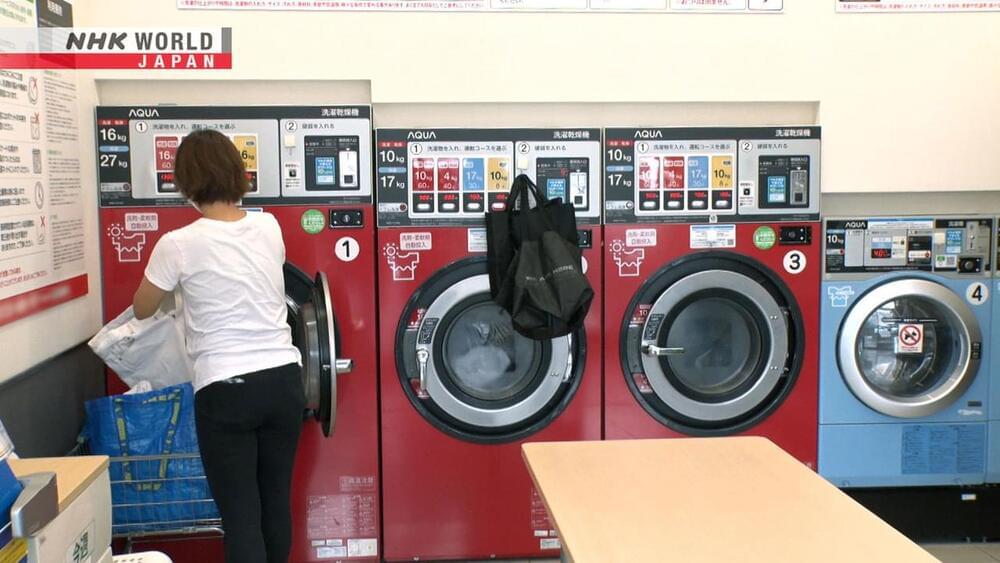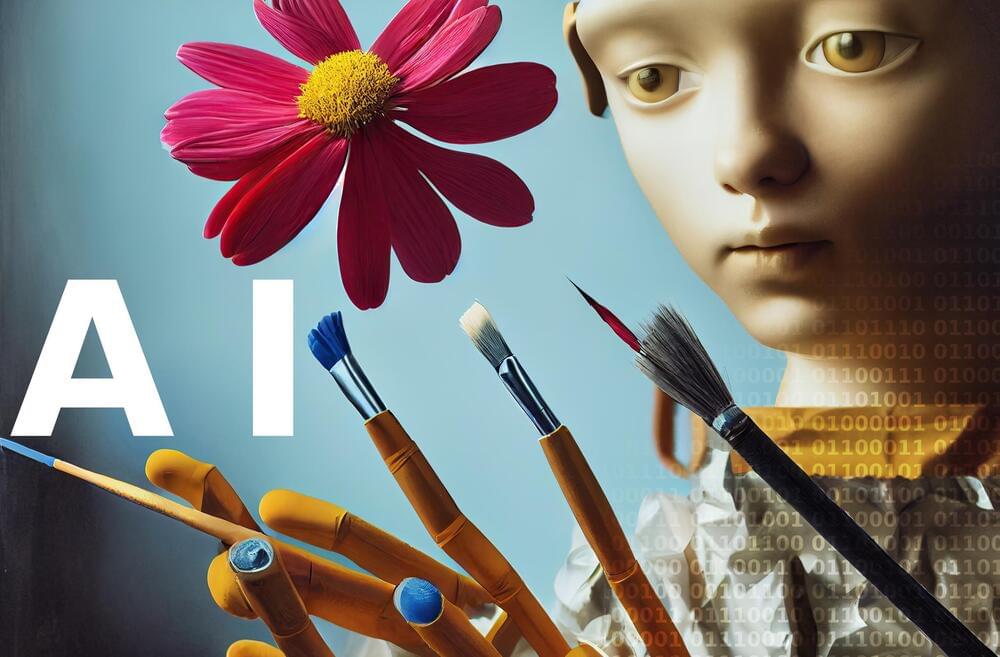Please Support The Channel:
YouTube Super Thanks (click below)
YouTube Membership (click below)
https://www.buymeacoffee.com/JoeBlogs.
https://www.patreon.com/joeblogsYT
Amazon Shopping USA — https://amzn.to/3qwnwHB
Amazon Shopping UK — https://amzn.to/3LbHjFL
Amazon Shopping Canada — https://amzn.to/3BIyXlS
Amazon Shopping Australia — https://amzn.to/3eHQZvy.
Click thro the link, buy your items as normal and Amazon will pay me a small commission.
Russia is LOSING the War against Ukraine and has RETREATED from the Key Town of LYMAN which it has held since May and was used as a Supply & Transport HUB for the North of Ukraine. In Direct Response one of President Putin’s RIGHT HAND MEN has Urged Russia to Launch LOW YIELD NUCLEAR STRIKES on Ukraine. In this video I provide full details of the latest situation, as well as providing on update on the NORD STREAM Pipelines, European Gas SUPPLY and details of what a Low Yield Nuclear Bomb is. Finally I provide my view on the implications of the current situation for both Russia & the GLOBAL ECONOMY.
For specific details please check out the CHAPTER list below.
Thanks for watching and please LIKE and SUBSCRIBE.
If you like this video and are would like to buy me a coffee please click the link below. THANK YOU it is very much appreciated.




